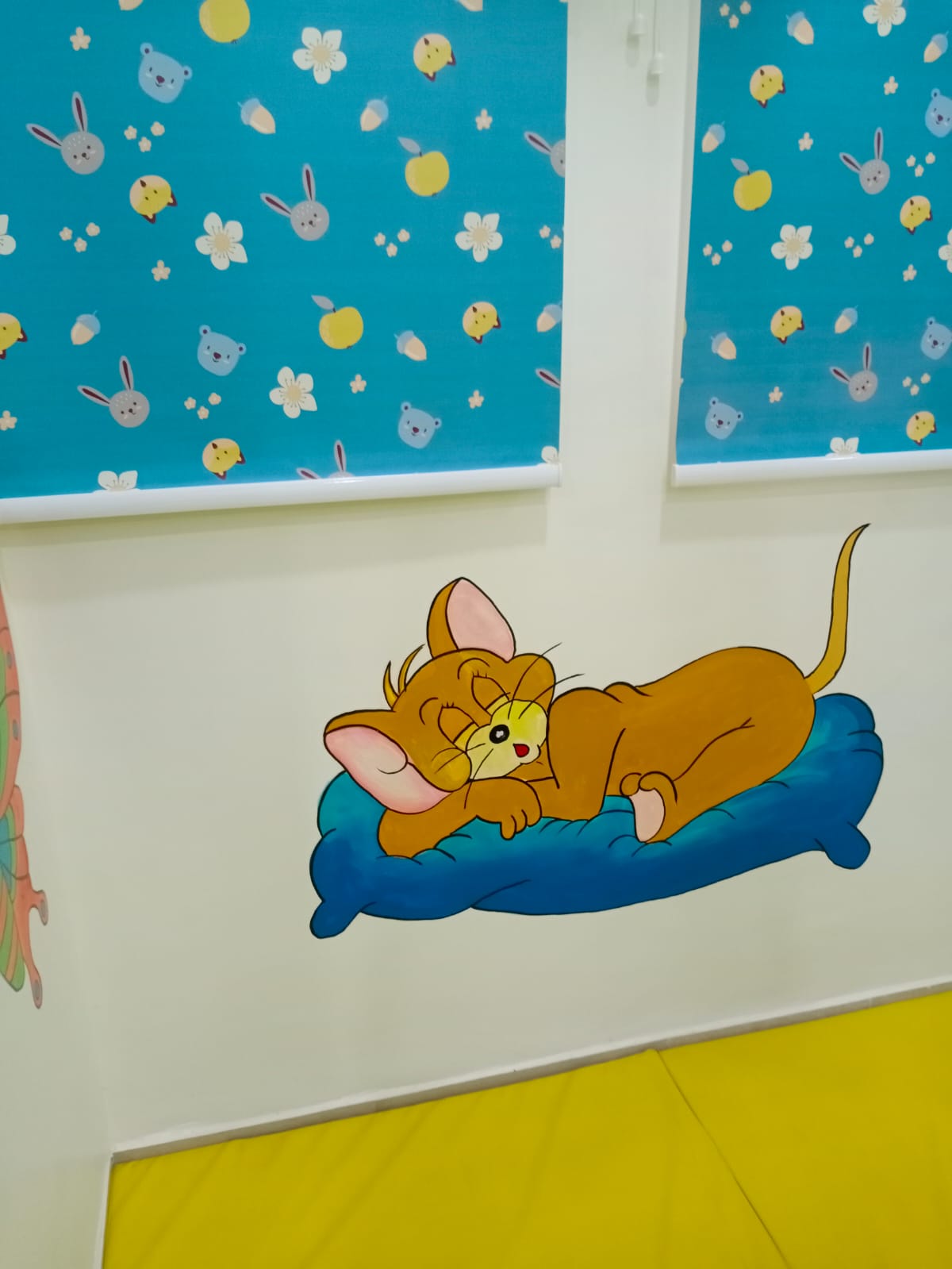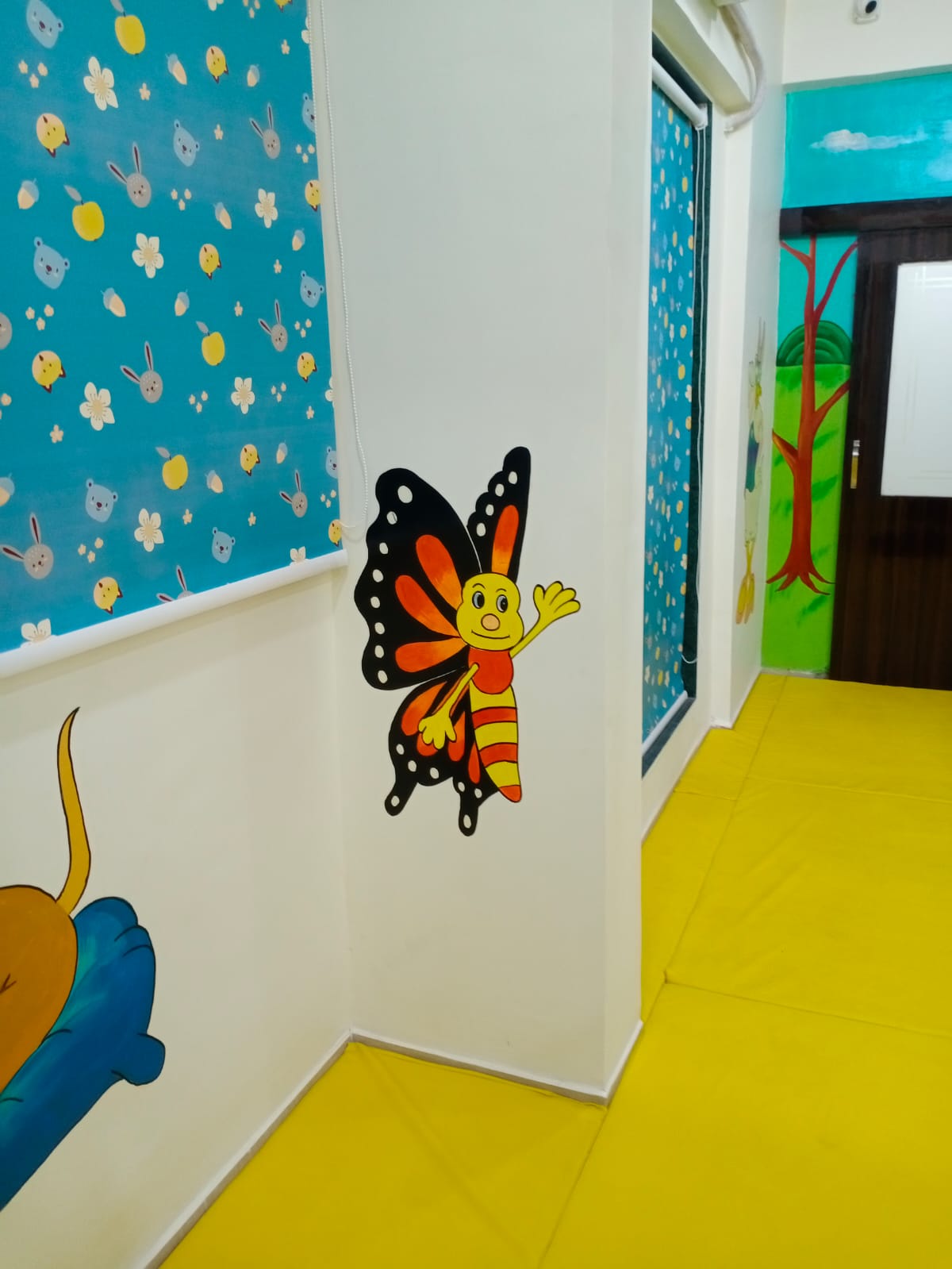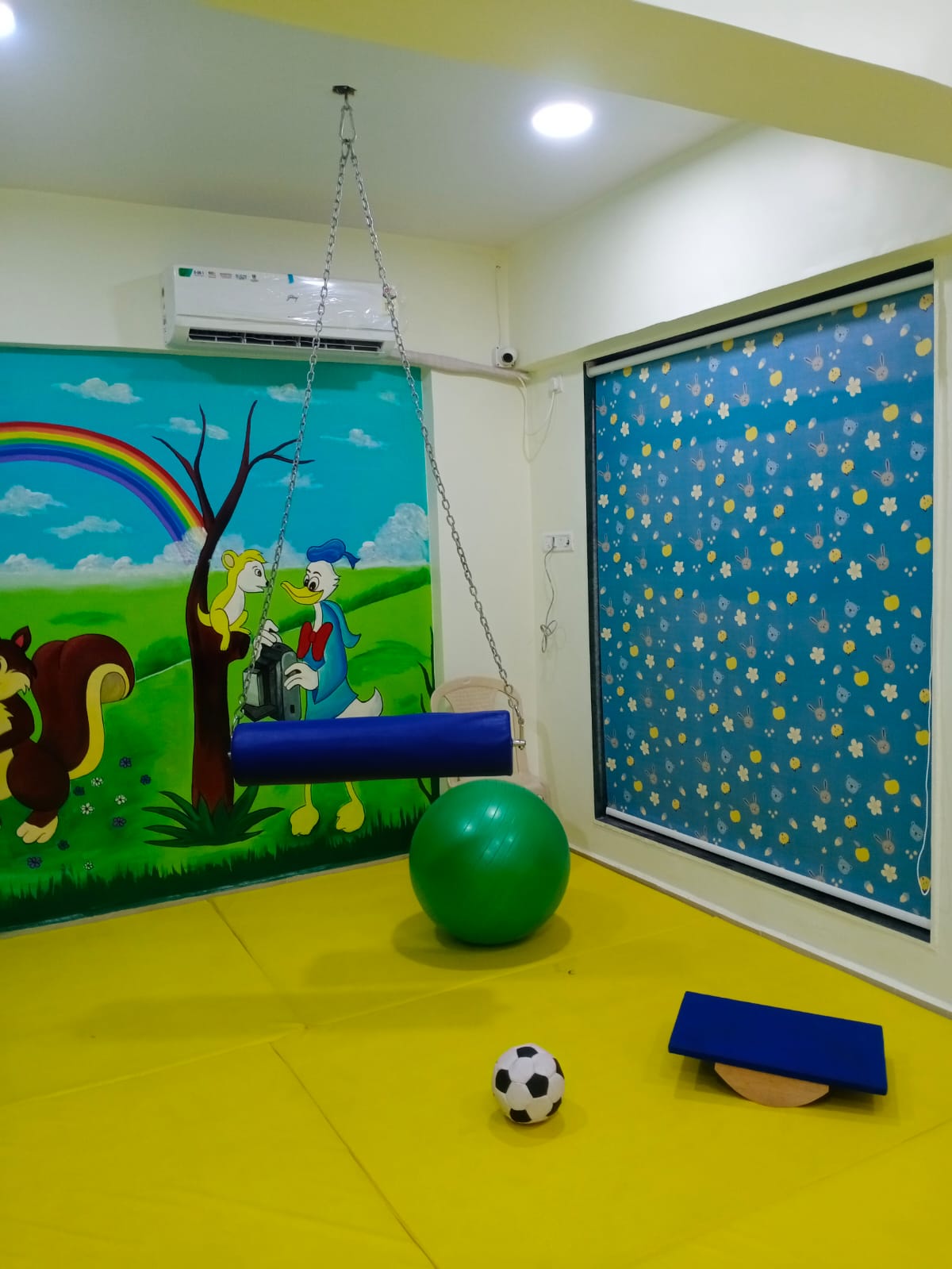Beyond Possibilities – Paediatric Occupational Therapy
 If finding where to go for Paediatric occupational therapy in Thane , Dr Anuja Kelkar’s centre Beyond Possibilities has solutions of all your problems.
If finding where to go for Paediatric occupational therapy in Thane , Dr Anuja Kelkar’s centre Beyond Possibilities has solutions of all your problems.
Paediatric occupational therapy is a specialized field dedicated to supporting children in developing the foundational skills required for everyday activities and life tasks. Occupational therapists in this domain focus on assisting children who encounter challenges related to fine motor skills, sensory integration processing, social interaction, and self-care.
Occupational Therapy (OT) assists people facing physical, cognitive, or emotional challenges to improve daily life skills. Therapists tailor interventions, exercises, and strategies to enhance independence in activities like self-care, work, and play, aiming to foster functional abilities and overall well-being.
Occupational Therapy (OT) Testing
 It involves comprehensive assessments to evaluate an individual's functional abilities, strengths, and challenges related to daily activities. These assessments are tailored to specific age groups and conditions, assessing areas such as fine motor skills, sensory processing, cognitive abilities, and self-care. OT tests aim to identify limitations and capabilities, aiding therapists in creating personalized treatment plans. Assessments may include standardized tests, observations, interviews, and task analyses. The results guide therapeutic interventions, helping OT professionals design targeted strategies to enhance independence and improve the individual's ability to engage in meaningful activities.
It involves comprehensive assessments to evaluate an individual's functional abilities, strengths, and challenges related to daily activities. These assessments are tailored to specific age groups and conditions, assessing areas such as fine motor skills, sensory processing, cognitive abilities, and self-care. OT tests aim to identify limitations and capabilities, aiding therapists in creating personalized treatment plans. Assessments may include standardized tests, observations, interviews, and task analyses. The results guide therapeutic interventions, helping OT professionals design targeted strategies to enhance independence and improve the individual's ability to engage in meaningful activities.These therapists employ a multifaceted approach, utilizing playful and purposeful activities to address developmental areas crucial for a child's growth. Through engaging interventions, they aim to improve skills essential for school, play, and daily life functioning. This includes refining hand-eye coordination, enhancing fine motor abilities, managing sensory inputs, promoting social interactions, and fostering independence in activities like dressing, eating, and grooming.
The process typically begins with comprehensive assessments to evaluate a child's strengths, areas needing improvement, and individual needs. These assessments help tailor interventions and treatment plans to meet each child's specific developmental stage, challenges, and goals.
Occupational therapists collaborate closely with parents, caregivers, educators, and other healthcare professionals involved in the child's care. This collaborative approach ensures a holistic support system, allowing for the integration of strategies and activities into various environments, such as home and school, to reinforce skills learned during therapy sessions.
 The therapeutic interventions in paediatric occupational therapy are designed to be child-centered and engaging, often involving elements of play to make learning enjoyable and effective. Play-based activities not only enhance skills but also promote cognitive, emotional, and social development in children.
The therapeutic interventions in paediatric occupational therapy are designed to be child-centered and engaging, often involving elements of play to make learning enjoyable and effective. Play-based activities not only enhance skills but also promote cognitive, emotional, and social development in children.For instance, sensory integration activities help children regulate their responses to sensory stimuli, improving their ability to concentrate and participate in daily tasks. Fine motor activities like drawing, cutting, and manipulating objects assist in refining hand movements and coordination, essential for tasks like writing and self-care.
Moreover, paediatric occupational therapy plays a pivotal role in addressing developmental delays, sensory processing disorders, autism spectrum disorders, attention-deficit/hyperactivity disorder (ADHD), and various physical disabilities.
Early intervention in paediatric occupational therapy is highly beneficial, as it can significantly impact a child's progress and overall quality of life. By focusing on building foundational skills and promoting independence, occupational therapists empower children to actively engage in daily activities and achieve developmental milestones with confidence.
In conclusion, paediatric occupational therapy serves as a vital resource for children encountering challenges in various developmental areas. Through personalized interventions, collaboration with caregivers and educators, and a play-based approach, occupational therapists support children in acquiring the skills necessary for a fulfilling and independent life.